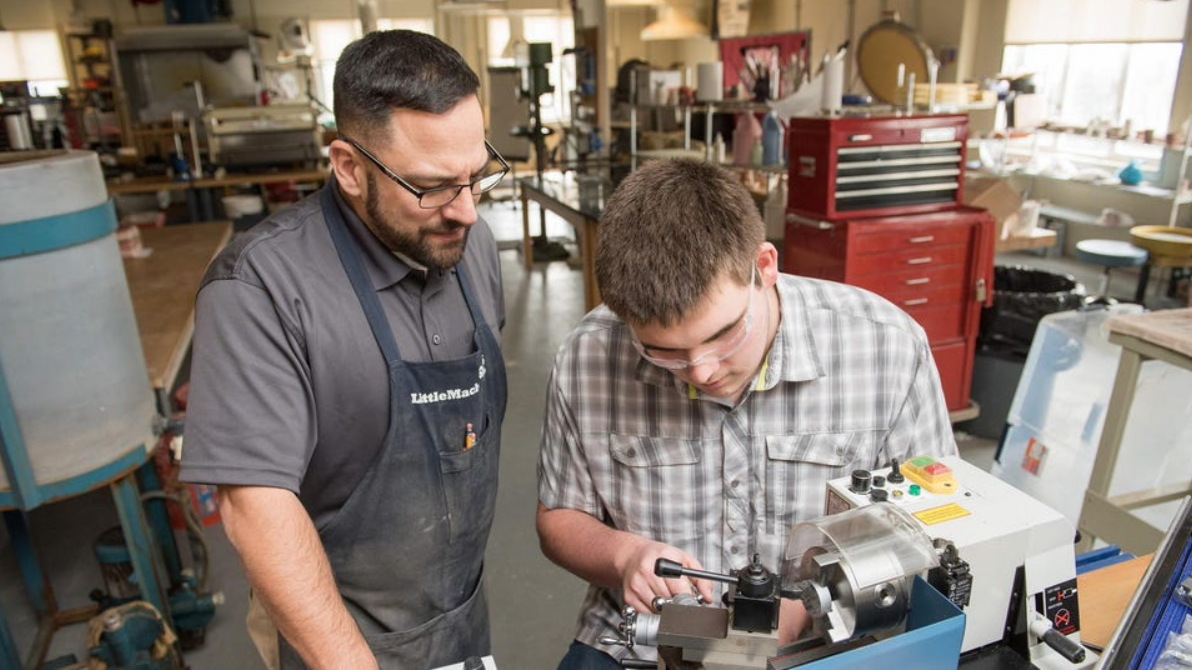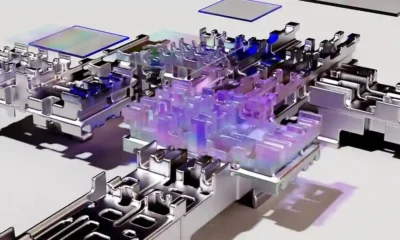
“What is a trade school?” isn’t that odd of an inquiry when one considers the different sorts of specialized schools and foundations that the term is commonly applied to. Nevertheless, it comes as a shock to many peoples to discover that the meaning of a trade school (or professional school as the establishments are additionally called) is entirely simple to make sure about.
What Is A Trade School?
Professional schools emphasize their educational program’s whole accentuation on showing understudies the abilities needed to prevail in their future vocation. This methodology is a glaring difference from the average four-year college, which expects understudies to concentrate on a broad scope of material that is, at last, irrelevant to their picked work.
The advantage to this methodology is that professional training understudies secure attractive abilities that place them at the cutting edge when it comes time to enter the working environment. Moreover, following two years of active work insight, customized guidance, and entry-level positions remembered for each professional instruction program, graduates are typically viewed as far simpler to coordinate into the present innovation-driven labor force than are their generally taught peers.
Who Is The Typical Trade School Student?
Past ages frequently portrayed trade schools as places for secondary school graduates who didn’t have the grades to get into a college. While this might have been valid at one time, it is not true anymore today.
The truth of the matter is that, because profoundly talented labor is in main interest now than at some other time ever, professional colleges currently appeal to an unimaginably expansive segment of understudies. From veteran laborers who need to refresh their range of abilities for the 21st Century, to as of late jobless peoples who need to change professions, to youngsters who need to begin their expert vocations just after secondary school, professional training currently holds a far more extensive allure than it did previously.
What are the Admissions Requirements for Vocational Schools?
There is no widespread response to this inquiry because each school has its confirmation prerequisites. Most would agree, notwithstanding, that most professional projects expect candidates to hold either a secondary school certificate or GED. There are a few exceptional cases for this, as specific professional programs have no instruction prerequisite for new understudies one way or the other. Most specialized schools are eager to work with candidates to assist them with fulfilling their affirmation guidelines.
The amount Is The Typical Trade School Tuition?
There is no denying that going to a two-year trade college can be more costly than getting a degree from a traditional four-year college. However, in case you were to sincerely analyze the worth given by professional colleges (remembering one for one training and mentoring, entry-level positions in your future field, and help with work arrangement upon graduation) against the vocation explicit instruction presented by most colleges, notwithstanding, you might track down that the trade school resembles superior speculation.
Remember that many professional instruction programs are intensely sponsored by the state and national government and offer colossal monetary guide bundles to help imminent understudies pay their direction through school. If you might want to go to a trade school, however, are worried about the sticker price, and finish up a monetary guide application to check whether you qualify.
Related posts:


Forex & Crypto
5 Best Ways to Earn Crypto While You Sleep in 2025
Categories
- Apps (1)
- Automotive (23)
- Beauty (7)
- Business (122)
- Celebrities (2)
- Digital Marketing (21)
- Ecommerce (2)
- Education (22)
- Entertainment (39)
- Events (6)
- Fashion (1)
- Features (4)
- Finance (1)
- Fitness (10)
- Food (2)
- Forex & Crypto (23)
- General (116)
- Health (48)
- House (61)
- Lifestyle (57)
- Marketing (8)
- Parenting (3)
- Pets (10)
- Real Estate (8)
- Safety and Security (14)
- Social Media (31)
- Sports (141)
- Technology (73)
- Travel (23)





















